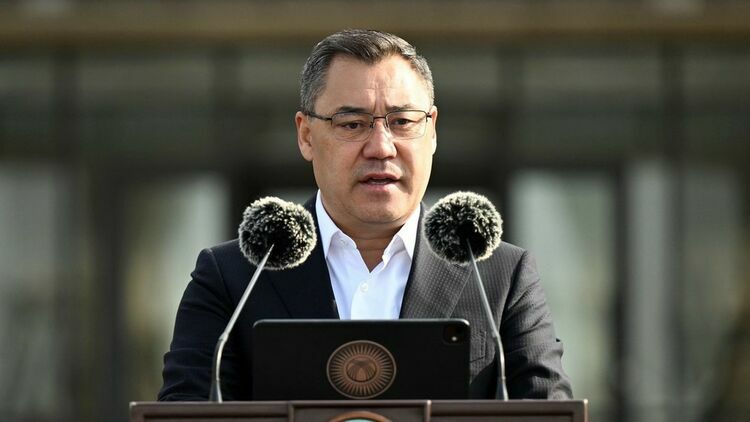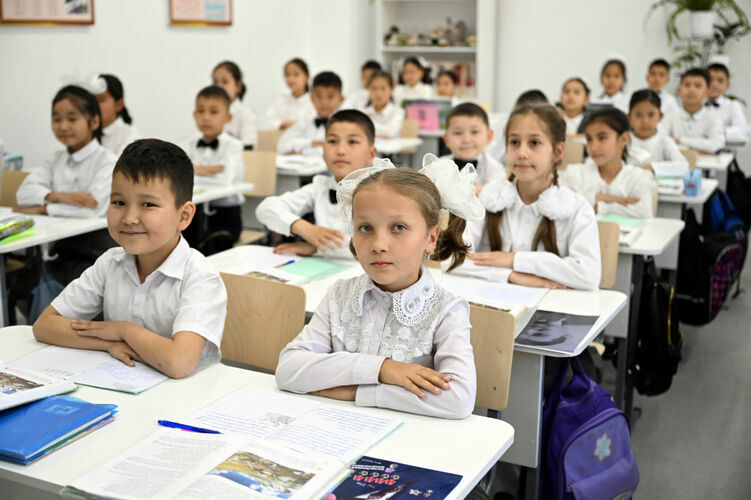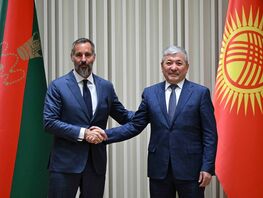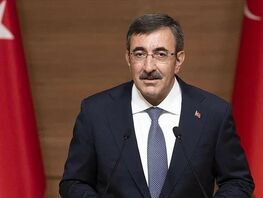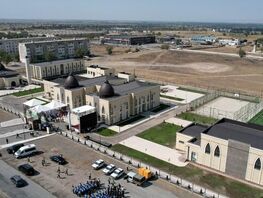Kyrgyzstan has launched a large-scale reform of its education system. The transition to a 12-year system has sparked debate in society: parents complain about overcrowded classrooms, a shortage of teachers, and new textbooks. In an interview with Kabar news agency, President of Kyrgyzstan Sadyr Japarov addressed this issue.
«It’s wrong to link this to 12-year education. Overcrowded classrooms existed before. This year, 227,000 children were admitted to first grade—twice as many as in previous years. The main burden falls on Bishkek due to internal migration and the lack of residence registration. We are building new schools, expanding existing ones, and temporarily opening classrooms in kindergartens and vacant buildings,» he stated.
According to the president, overcrowded classrooms are «a consequence of urbanization and demographic growth.» «In 2025, we completed the construction of 119 educational facilities, including 68 schools. But Bishkek still faces a severe shortage. I have ordered that new schools be built based on real needs, not for political gain. There have been cases where a new building was erected next to an old school, while children in a neighboring village were studying in dilapidated conditions. We are ending this practice,» Sadyr Japarov said.
As the president noted, 12-year school education «is not simply adding another year. Curricula, standards, and textbooks have been completely updated. Career guidance is being introduced in senior grades, with greater emphasis on mathematics and natural sciences. We are improving discipline, limiting the use of mobile phones, and implementing inclusive education.»
The 12-year system is in effect in 180 countries, and its effectiveness has been proven. We must meet global standards.
Sadyr Japarov
According to the president, more than 87,000 teachers currently work in schools. «Yes, there is a shortage, but it’s smaller—947 positions compared to 2,500 previously. Starting in April 2026, we’ll raise salaries for teachers and medical workers. Pedagogical universities graduate thousands of specialists every year, and we’re attracting senior students to long-term paid internships. Plus, there are new initiatives—mortgages for teachers and retraining for certified specialists,» he said.
The president also touched on the issue of textbook shortages: «Previously, they were printed by donors and private publishers. Now, the state-owned Uchkun Printing House is handling this. For the first time, stable funding has been allocated—744 million soms. New sets have been prepared for grades 1-2 and 5-7, and English textbooks for grades 3-9 has been printed and delivered to all schools.»
The decision on transition is final. There is a budget, a concept, standards, and curricula in place. There will be no going back. The first few years will be difficult, but we must be patient.
Sadyr Japarov
«The main goal is for every child to receive a quality education based on national values and aligned with modern global standards,» he said.



